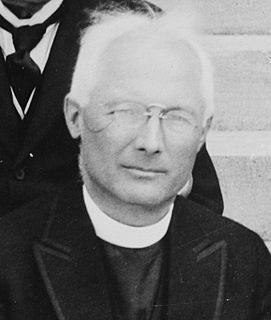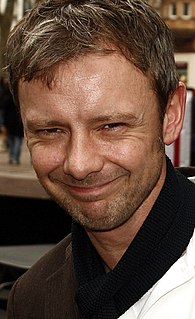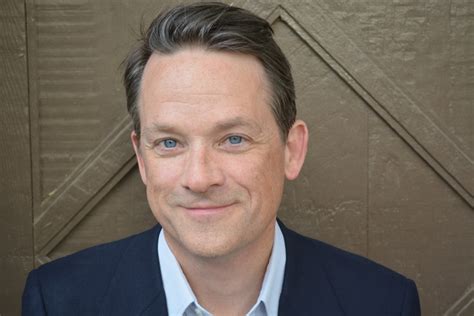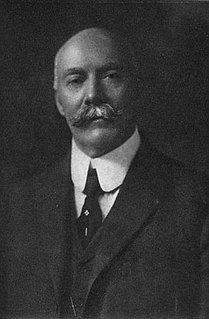A Quote by Ernest Dimnet
The happiness of most people is not ruined by great catastrophes or fatal errors, but by the repetition of slowly destructive little things.
Related Quotes
Deep practice feels a bit like exploring a dark and unfamiliar room. You start slowly, you bump into furniture, stop, think, and start again. Slowly, and a little painfully, you explore the space over and over, attending to errors, extending your reach into the room a bit farther each time, building a mental map until you can move through it quickly and intuitively.
It isn't the great big pleasures that count the most; it's making a great deal out of the little ones--I've discovered the true secret of happiness, Daddy, and that is to live in the now. Not to be for ever regretting the past, or anticipating the future; but to get the most that you can out of this very instant.
. . . the enemy of righteousness also works in little steps, so small that they are hard to notice if you are thinking only about yourself and how great you are. Just as truth is given to us line upon line and the light brightens slowly as we obey, even so, as we disobey our testimony of truth lessens almost imperceptibly, little by little, and darkness descends so slowly that the proud may easily deny that anything is changing.
It's been written about as "the overview effect." All I can give you is my perspective, but most all of the people who have been in space start to see the world without boundaries. You start to think about how we can keep doing these things we're doing that are destructive of the environment and destructive of the planet. It causes you to start to think things in a quite different way than we had before.






































